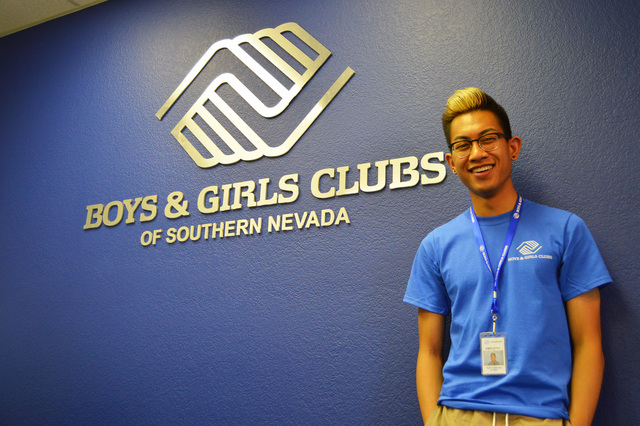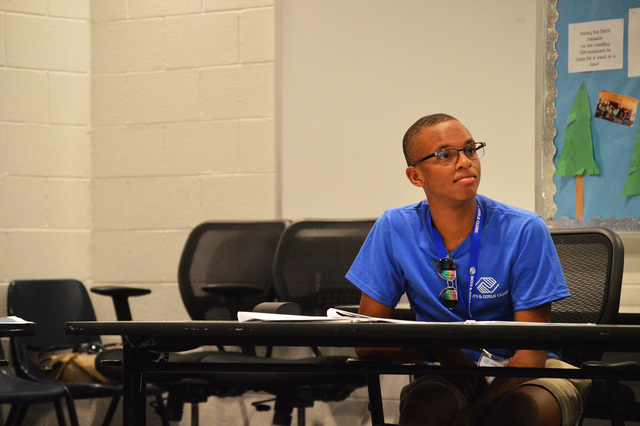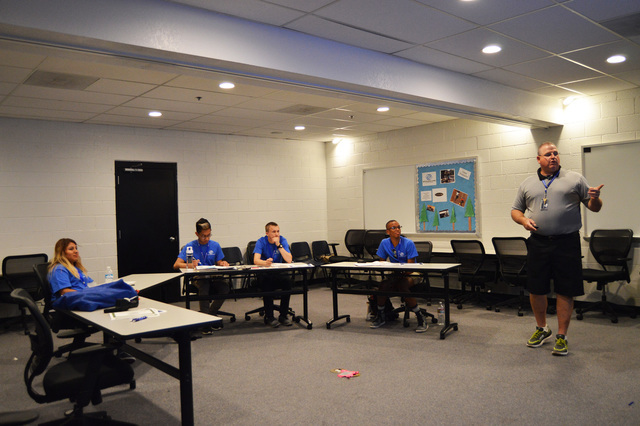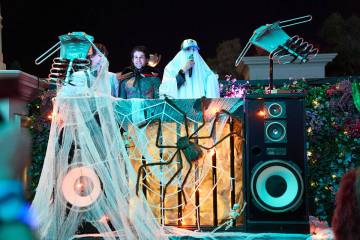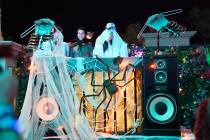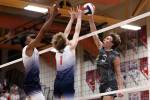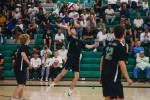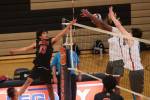Bank of America program helps student leaders guide peers through Boys & Girls Clubs internship
For the past two years, Mark Jacoby has prepared groups of students for their “Warren.”
Warren spends his days missing meals, getting picked last in kickball, and not getting the care and nurture that kids deserve. With a sheet of paper, Jacoby demonstrates the toll it takes on Warren’s self-worth, ripping away pieces until only a strip remains.
Warren is imaginary, but the situation is not. Each year, there are Warrens who come to the Boys & Girls Club, and each year, it’s up to the staff members to make sure Warren knows he’s capable and loved.
As area director of Boys & Girls Clubs of Southern Nevada, Jacoby trained this year’s incoming class of students from the Bank of America Student Leaders Program.
“The building’s safe, clean, organized,” he told the kids during orientation, but that isn’t what makes the Boys & Girls Clubs special.
“It’s the relationship you’re going to build with the kid. That’s why they’re going to come back,” he said.
Five local high school graduate s were chosen for the Bank of America Student Leaders Program, which collaborates with the local Boys & Girls Clubs of Southern Nevada to bring student leaders to local clubs for seven-week summer internships. The students got to tour some of the clubs in Las Vegas and choose one to work at for 40 hours a week. They’ll spend another week in July in Washington, D.C., for leadership training.
Karl Catarata is one of those student leaders.
The Valley High School graduate, who plans to study political science at UNLV this fall, took a risk in applying to the program. But he said he’s glad he did.
“This is where kids grow, aside from school,” the 18-year-old said. “They learn so much. And that was something that stuck out to me. These kids come here because they want to learn more about themselves.”
When he was younger, Catarata was bullied for being gay. In high school, he was able to overcome his past by analyzing it. And then he put it into a book.
“Lies We Tell: Applied Knowledge to Deception Detection” is his first published book. Using data and supporting books, Catarata tells of how his peers in middle school socially bullied him and how he was able to interpret that through body language and facial expression.
For Catarata, it all comes down to understanding the past, connecting the dots and shaping the future with that knowledge. By working with children, who are “our future,” he sees the chance to be an important part of their growth.
“You’ve got to be that bigger person; you’ve got to be that mentor,” he said. “These kids are going to look back, 10 years, 15 years from now, and they’re going to remember their time here at the clubhouse and remember how the other kids treated them, how the adults treated them, what games and activities they were able to learn.”
Al Welch, market president of Las Vegas Bank of America, said this year marks 55 participants through 11 years.
“What we’re trying to do is foster life skills for the workforce,” he said. “Their leadership skills will be put to the test.”
The application process is highly competitive, with five students chosen out of more than 100, Welch said. But of the five chosen, he said the common linkwas in their ability to excel both in the classroom and putting in volunteer hours.
Jacoby has seen the inside walls of the Boys & Girls clubhouses for more than a quarter of a century. He’s seen his fair share of kids who have been knocked down by life, one of whom was a kid named Warren, who he watched grow up inside the walls of the club.
So he does his best to train the students coming into the program for the summer internship to help pick those kids up.
“They’re remarkable young people,” the 53-year-old said of this summer’s students. “I think it’s an outstanding program. It helps build character.”
He’s even had some of the students from the program stay and work at the club.
He taught the students about “Never Norms” because norms are standards that held; he reminded them that high-fives are the national handshake of the club, and how, at the end of the day, the club is a place for everyone.
Most of all, he makes sure they remember Warren and how they can be a part of the process that helps him find pieces of himself again.
“The people inside the building help mold those kids every day,” he said. “They can make a significant difference in somebody’s life.”
Contact View intern reporter Melissa Gomez at mgomez@reviewjournal.com or 702-383-0278. Follow her on Twitter: @melissagomez004.



